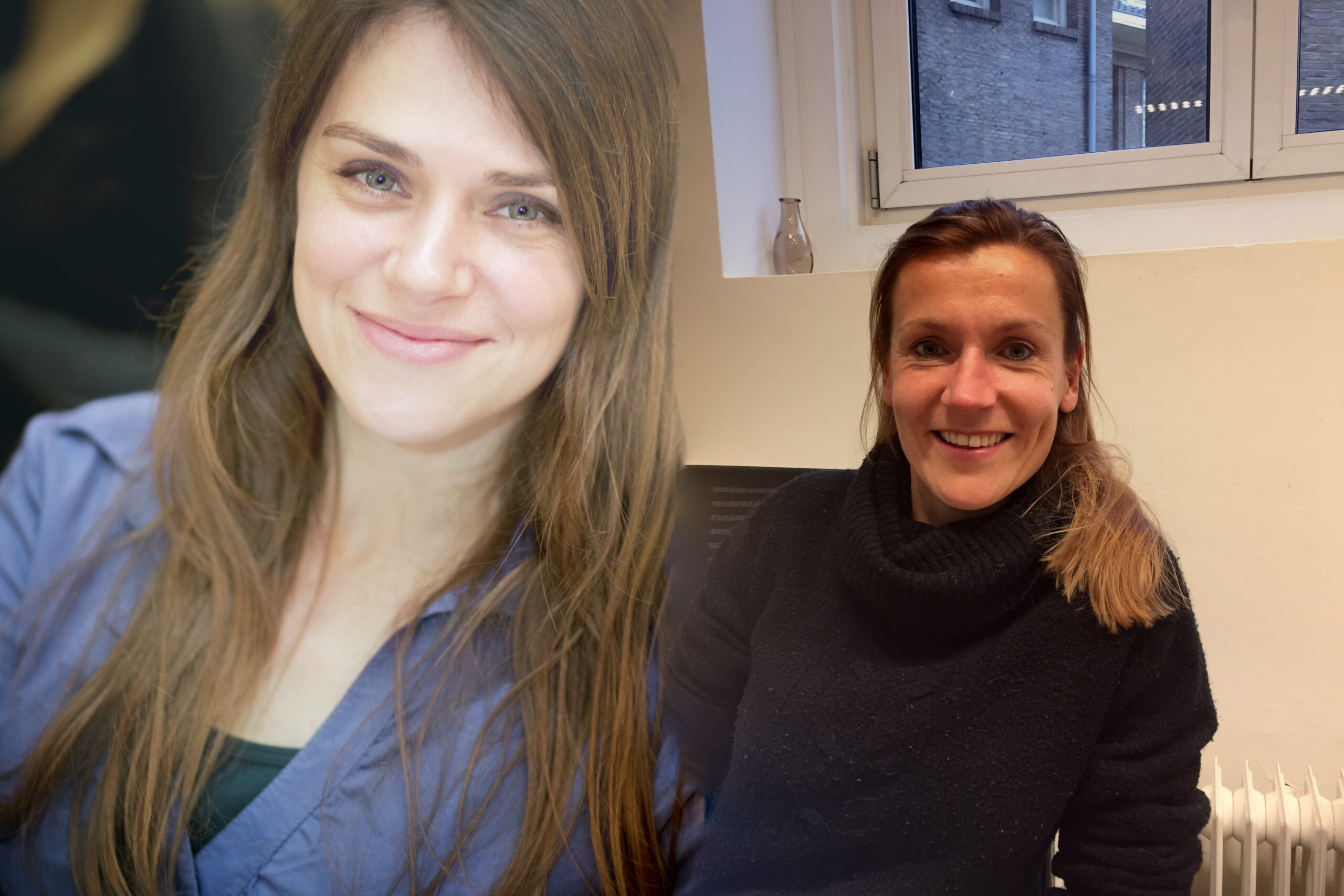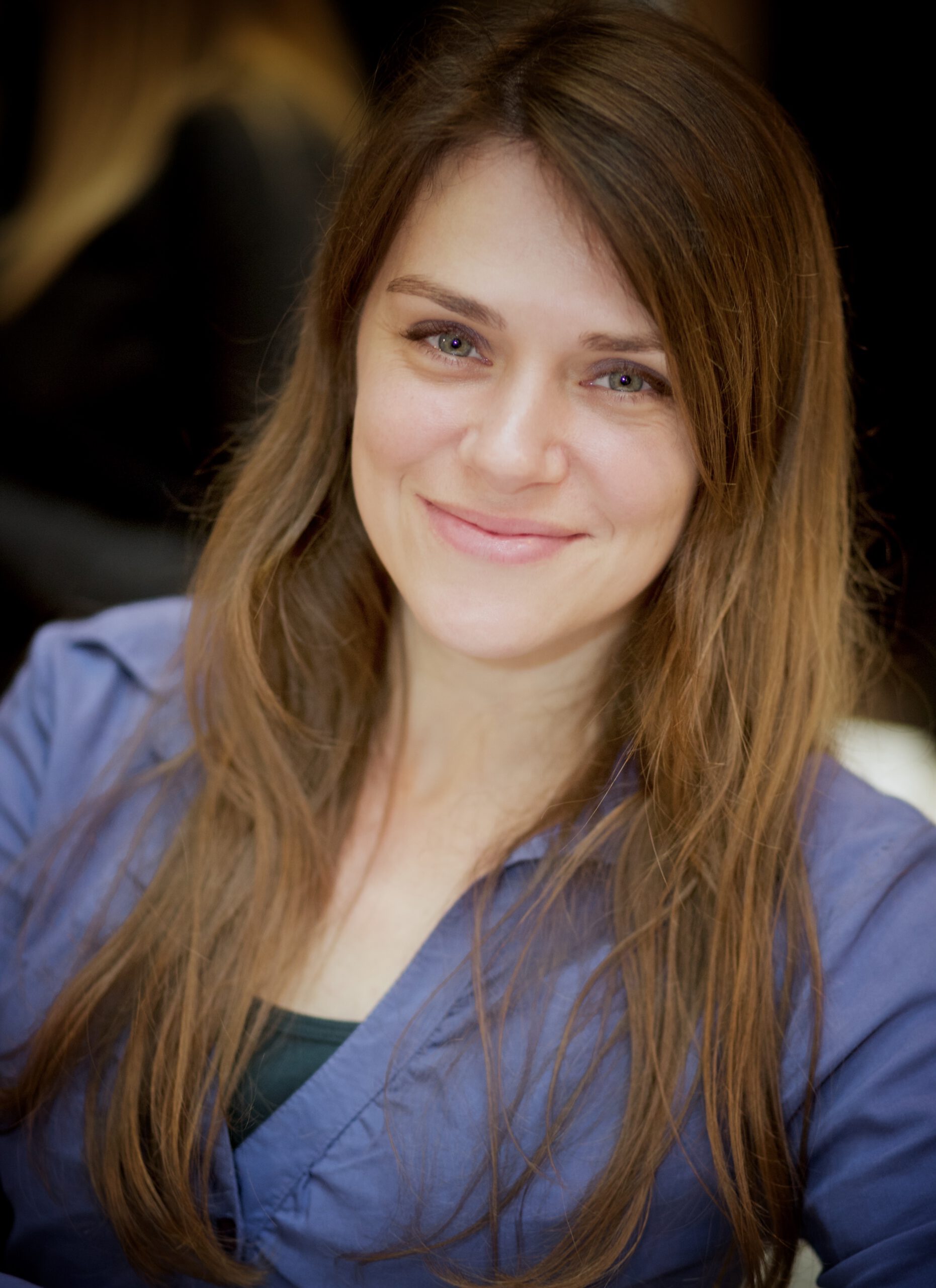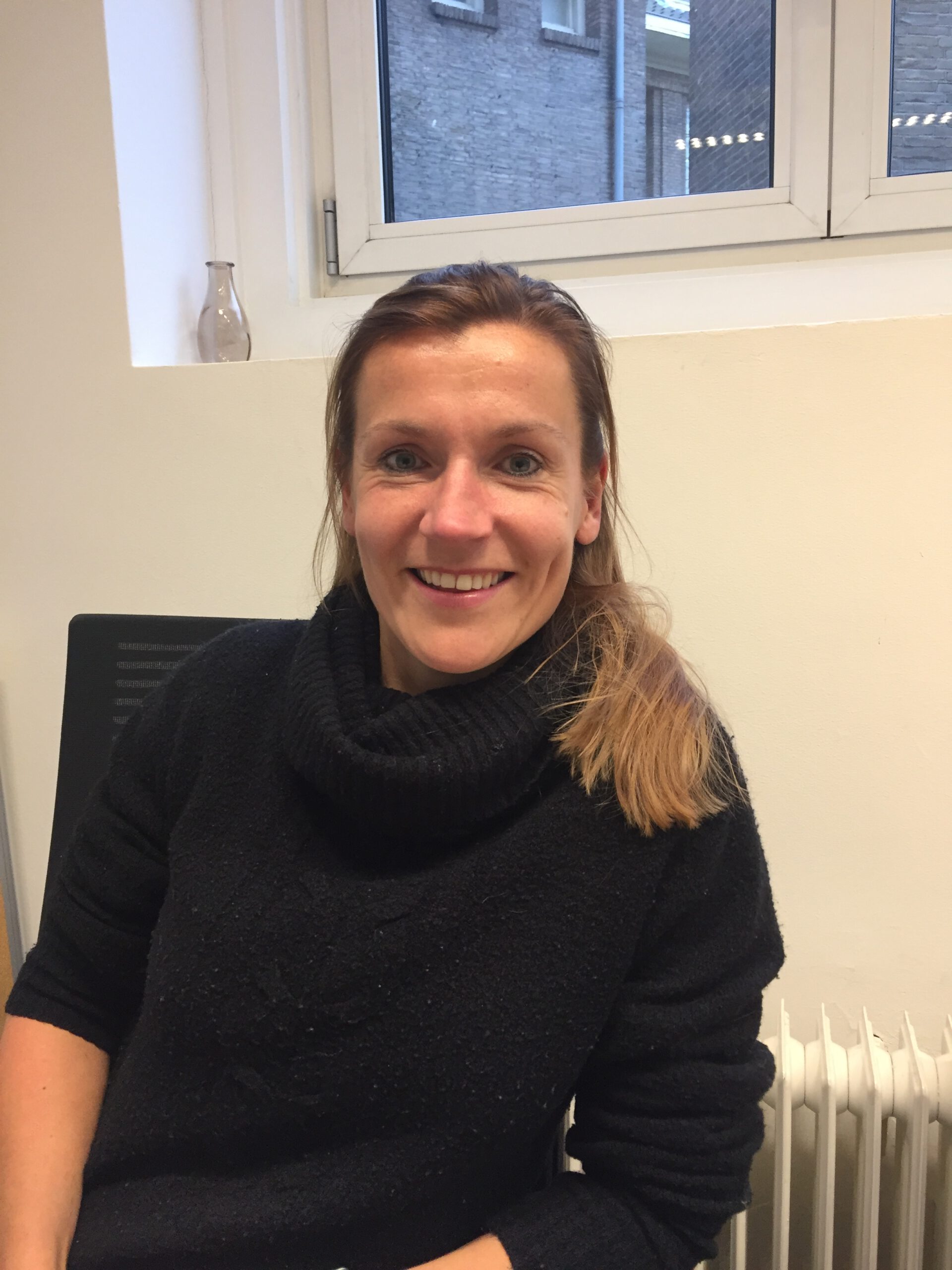
For this issue’s Office Hours, Spiegeloog talked to study advisors Rebeka Rotter and Irene Luth. Rebeka Rotter is a recently employed study advisors who completed her Psychology studies in Romania. After a period of travelling and having different jobs, she took up a study advisor position at the UvA. Irene Luth graduated from the UvA, majoring in Developmental Psychology. She worked with children and she held multiple positions at the UvA, but her target job was to be a study advisor, which she realized 1 year ago.

Rebeka Rotter

Irene Luth
What is your favorite aspect about your job?
Irene: ‘For me it’s talking to the students. I really like helping them find solutions to their problems, giving them advice, and making them happy with some seemingly small things. And now during this pandemic, it’s also about listening to them. I found out that can help a lot.’
Could you describe the essence of your job using one word and explain why you chose that word?
Rebeka: ‘The first thing that comes to my mind is support, because you don’t give the students the answer to their problems, but you support them in finding the answer themselves. You also give them the feeling of being understood and the confidence that they have the power to find the right answers on their own.’
How has the pandemic affected you in terms of your job?
Irene: ‘I think the thing that has changed the most is that, of course, there is no more face to face contact. So, you can’t really read the students that much. Whenever they come in, you see how they look, for instance, and their posture, but that is not possible anymore. We used to have walk-in hours, and I think the removal of this has affected our way of offering support. We are not as available to students as before.’
Has the number of people in need of your services changed since the pandemic started?
Irene: ‘I think we have more students now. Because they don’t have so much contact with each other anymore, the ways in which they get information about education is a bit limited. We get more practical, but also more mental health-related questions now because of the loss of social relationships.’
What would you advise someone who needs help but is too shy/embarrassed to contact you?
Rebeka: ‘I think they might be shy because they don’t know what to expect or they see us like authority figures, but it would help if students knew that we are here for them and we think together with them.’
Irene: ‘I also think students are shy because they see us as parents, and sometimes, if we see they are afraid, we try to take more initiative and reassure them. After all, we want to help them make the right decisions, and not to be strict on them.’


Rebeka Rotter (top) and Irene Luth (bottom)
What is your favorite aspect about your job?
Irene: ‘For me it’s talking to the students. I really like helping them find solutions to their problems, giving them advice, and making them happy with some seemingly small things. And now during this pandemic, it’s also about listening to them. I found out that can help a lot.’
Could you describe the essence of your job using one word and explain why you chose that word?
Rebeka: ‘The first thing that comes to my mind is support, because you don’t give the students the answer to their problems, but you support them in finding the answer themselves. You also give them the feeling of being understood and the confidence that they have the power to find the right answers on their own.’
How has the pandemic affected you in terms of your job?
Irene: ‘I think the thing that has changed the most is that, of course, there is no more face to face contact. So, you can’t really read the students that much. Whenever they come in, you see how they look, for instance, and their posture, but that is not possible anymore. We used to have walk-in hours, and I think the removal of this has affected our way of offering support. We are not as available to students as before.’
Has the number of people in need of your services changed since the pandemic started?
Irene: ‘I think we have more students now. Because they don’t have so much contact with each other anymore, the ways in which they get information about education is a bit limited. We get more practical, but also more mental health-related questions now because of the loss of social relationships.’
What would you advise someone who needs help but is too shy/embarrassed to contact you?
Rebeka: ‘I think they might be shy because they don’t know what to expect or they see us like authority figures, but it would help if students knew that we are here for them and we think together with them.’
Irene: ‘I also think students are shy because they see us as parents, and sometimes, if we see they are afraid, we try to take more initiative and reassure them. After all, we want to help them make the right decisions, and not to be strict on them.’



